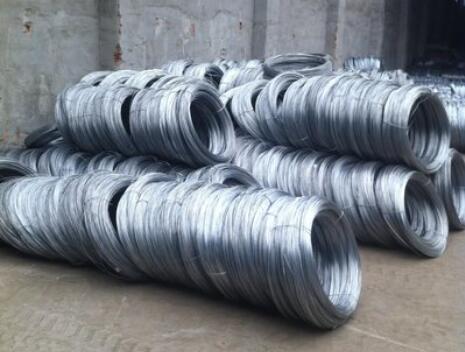Understanding 15% Degree Ring Shank Coil Nails A Comprehensive Overview
Coil nails are an essential component in the construction and woodworking industries, widely recognized for their efficiency and reliability. Among the various types available in the market, 15% degree ring shank coil nails have gained particular attention due to their unique design and excellent performance in a variety of applications.
What are 15% Degree Ring Shank Coil Nails?
As the name suggests, 15% degree ring shank coil nails are angled nails organized in coils, specifically positioned at a 15-degree angle. This angle facilitates the rapid feeding and loading of nails into pneumatic nail guns, making them an ideal choice for high-speed nailing applications. The ring shank feature refers to the rings or ridges that are intricately formed on the shank of the nail. These rings enhance the holding power of the nail, reducing the likelihood of withdrawal and improving overall structural integrity.
Applications in Construction
One of the primary advantages of 15% degree ring shank coil nails is their versatility. They are predominantly used in framing, roofing, sheathing, and siding applications. The angled design allows for accurate placement in tight spaces, which is particularly beneficial during construction and remodeling projects. These nails are also perfect for fastening wood to wood, making them a go-to choice for carpenters and builders alike.
15 degree ring shank coil nails

In addition to traditional woodworking, these nails are also effective for attaching various materials, such as engineered wood and composite materials, to one another. Their enhanced holding power makes them suitable for demanding applications where stability is paramount, such as in roof sheathing and floor joists.
Advantages Over Other Fasteners
One of the notable advantages of using 15% degree ring shank coil nails is their improved holding capacity compared to smooth shank nails. The ringed design increases friction between the nail and the material, which reduces the chance of nail pull-out—a significant concern in structural applications. Moreover, the use of pneumatic tools for driving these nails allows for quicker installation compared to other fastening methods, significantly improving productivity on the job site.
Coil nails also tend to be less prone to splitting the wood, which can be a common issue with larger fasteners. This characteristic is particularly important in delicate materials or when working near the edges of boards, where the risk of cracking is heightened.
Conclusion
In conclusion, 15% degree ring shank coil nails are a robust and effective fastening solution that plays a vital role in modern construction practices. Their unique angle, combined with the ringed design, offers superior holding power, reduced installation time, and versatility across various applications. For professionals in the field, investing in high-quality coil nails is essential for achieving optimal results in their projects. As the construction industry continues to evolve, these specialized fasteners will undoubtedly remain an indispensable tool in the arsenal of builders and carpenters alike.

















